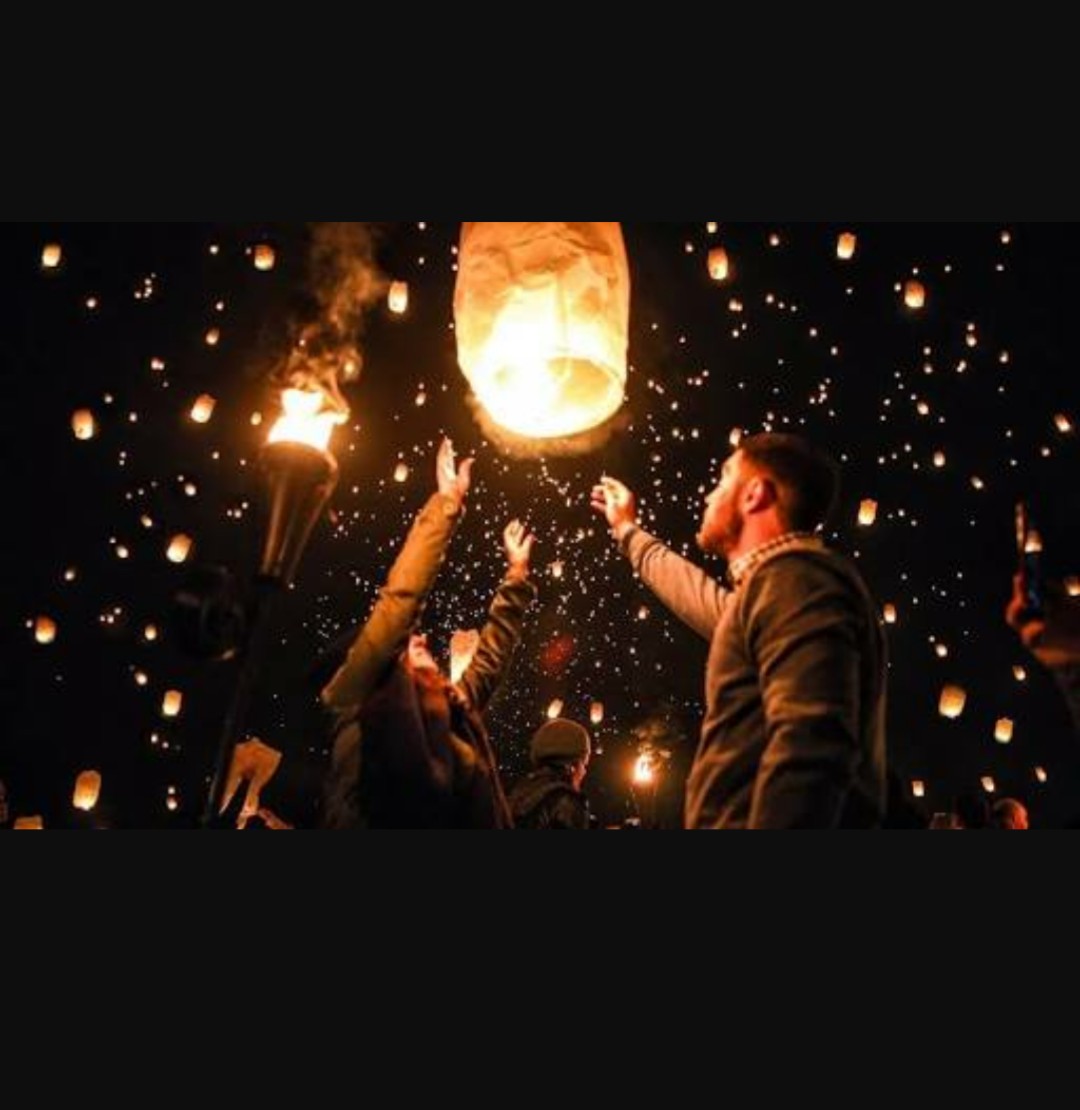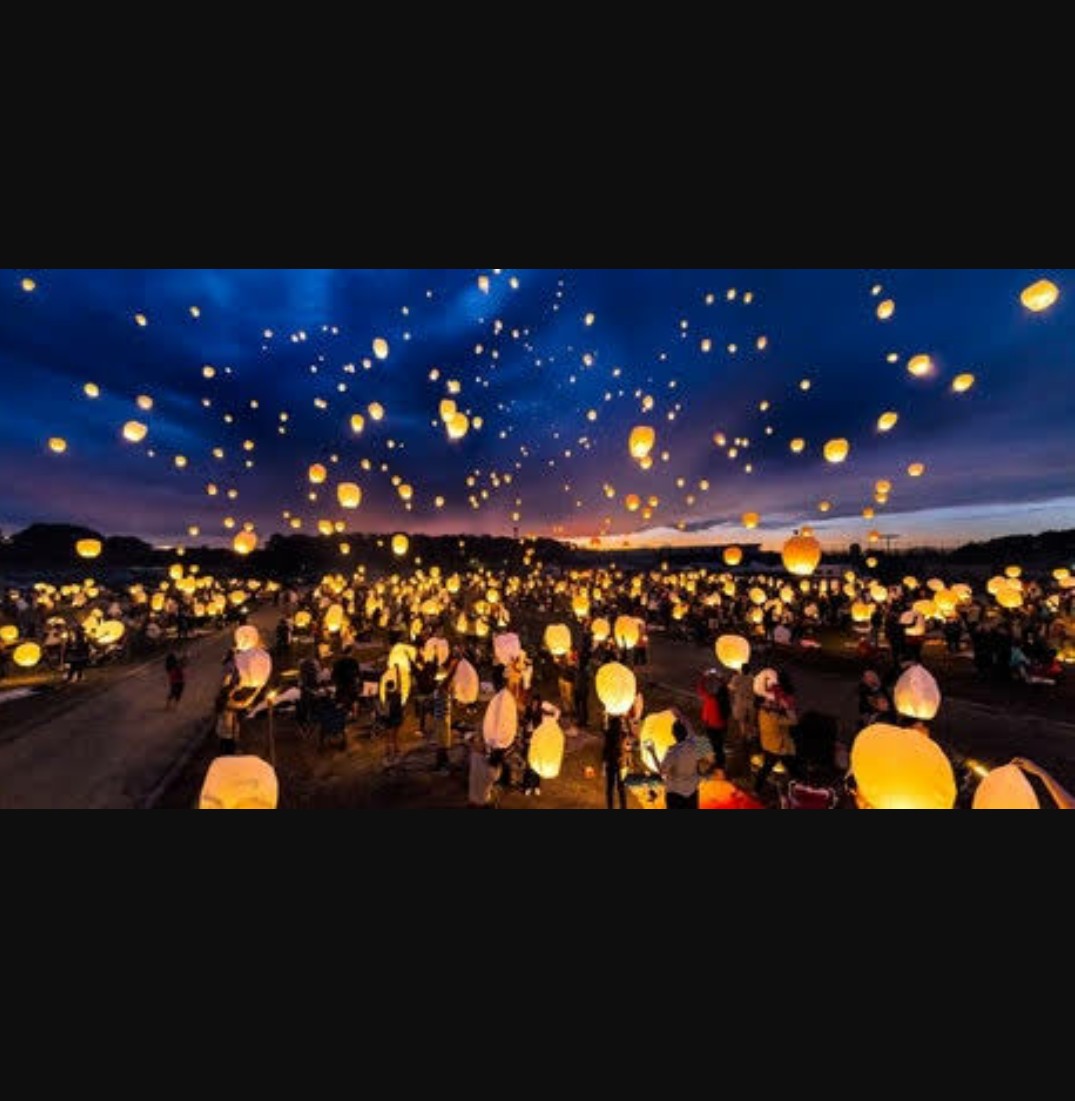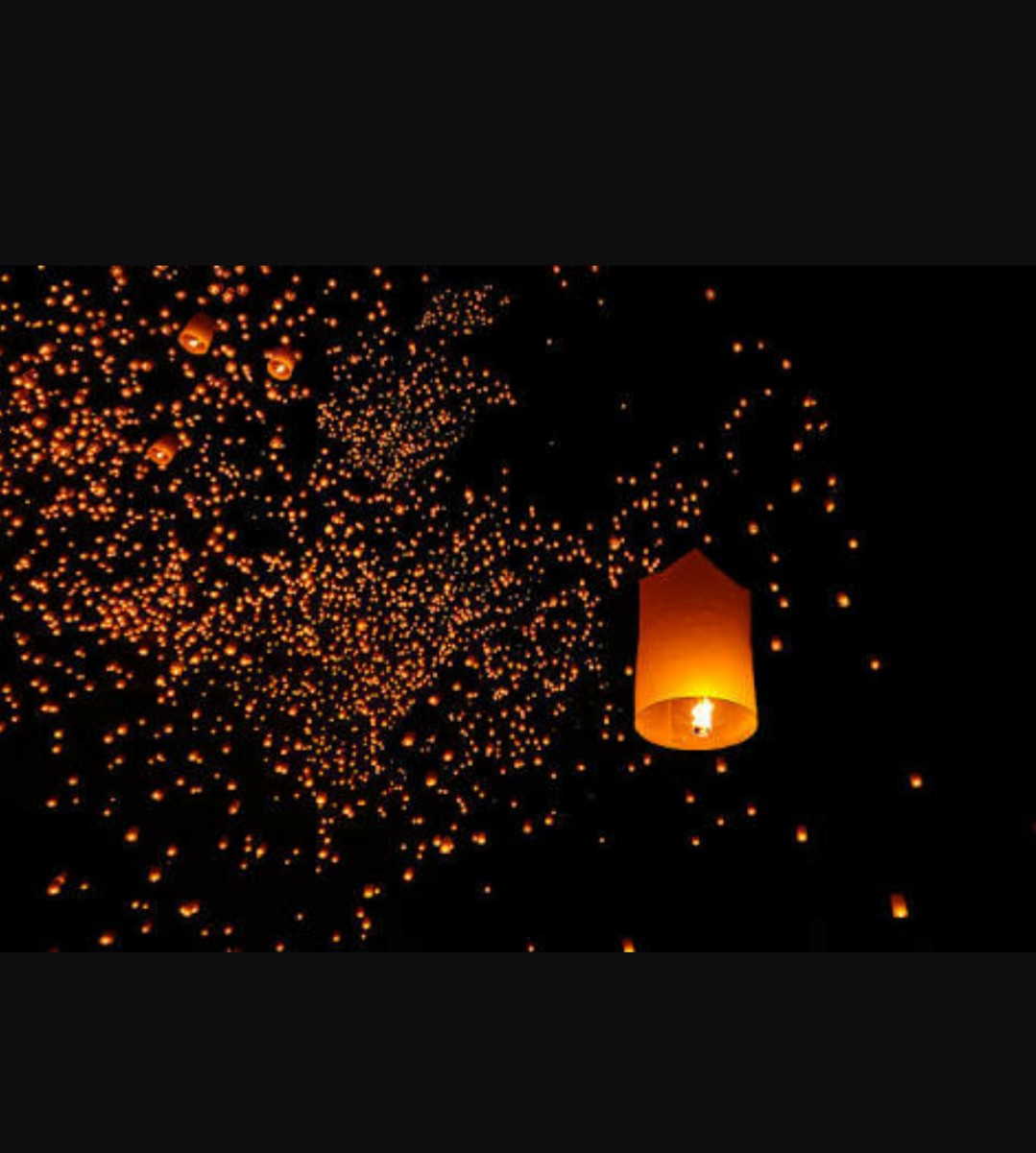Just when we thought letting go of our mistakes and past selves could not be done easily, without struggle, we came across a subtly beautiful tradition of doing just that; prevailing since time immemorial- the Chinese Lantern festival.

Celebrated on the 15th day of the first month of the lunisolar calendar, the beginning of the Chinese new year is marked by releasing floating lanterns, in the night sky, that symbolise the people relinquishing their past and resolving to do better. On this day, thousands of people gather for one unforgettable spectacle that is the sky filled with hundreds and thousands of lights. What was traditionally only followed by the Royals with lanterns having simpler designs, with time changed into a ravishing celebration with lanterns taking different forms and shapes of animals. Some may even find lanterns demonstrating the Chinese folklore vividly.

The evolution of this festival dates back to the 6th century when the emperor of the Sui dynasty invited envoys to watch the enchanting light bearers. However, in the 7th century, with the Tang dynasty, the local people were allowed to enjoy a day and night with the lanterns which can be found gloriously sitting in many of the Chinese classical poems. Later on, in the Song dynasty, the revelry lasted for 5 days, introducing different customs and celebrations, making it popular in different cities of China. Today, in places like Hong Kong and Taiwan, young people promenade through the streets hoping to find love as it is also celebrated as the Chinese Equivalent of Valentine’s Day.
The legends associated with the origin of the festival are plenty, from worshipping the deity of the North Star, Ti Yin, to celebrating reunion, harmony, and togetherness of a family, this charming night has more cultural and spiritual associations which differ regionally too. For instance, in Taiwan, the lanterns represent the blessings for the coming year. In Indonesia, the festival is celebrated in the memory of Buddha and his teachings while the Japanese believe the lights guide ancestral spirits back to where they came from.

And alongside serving all their other purposes, these beacons of light sure set up a dazzler for the night, breathtakingly beautiful to witness, making it a huge tourist attraction. It has effortlessly managed to lure people from different continents and the Western countries have also taken it up. The Magic Lantern festival of London is an inspiration drawn from the Chinese Lantern festival.

Even today the traditional customs and activities associated with this festival ensue and attract various age groups. Other than watching lanterns and fireworks one can busy himself guessing lantern riddles or watching the people performing folk dances and eating glutinous rice dumplings called Yuanxiao. And in case you’re convinced that this is just how you’d like to restart your new year, 2018’s Lantern festival falls on the 2nd of March.

